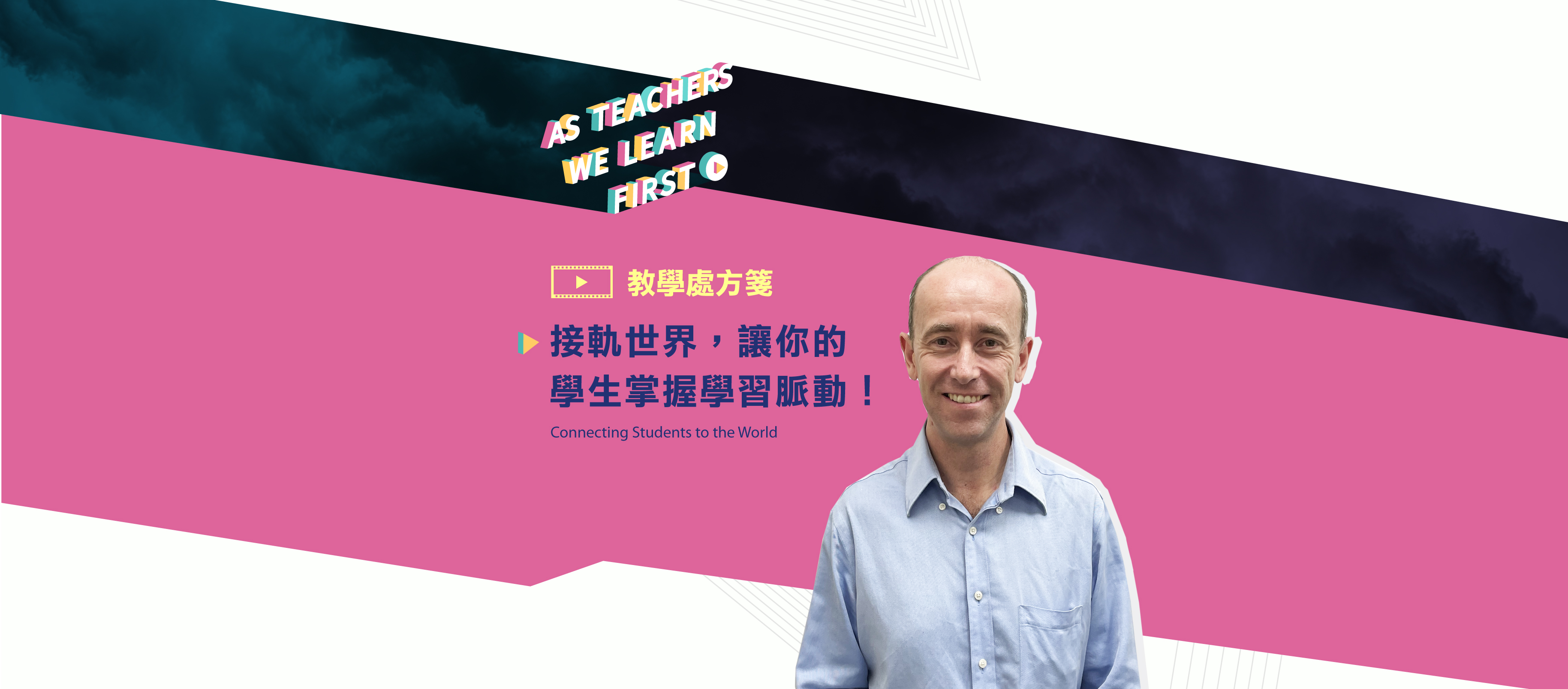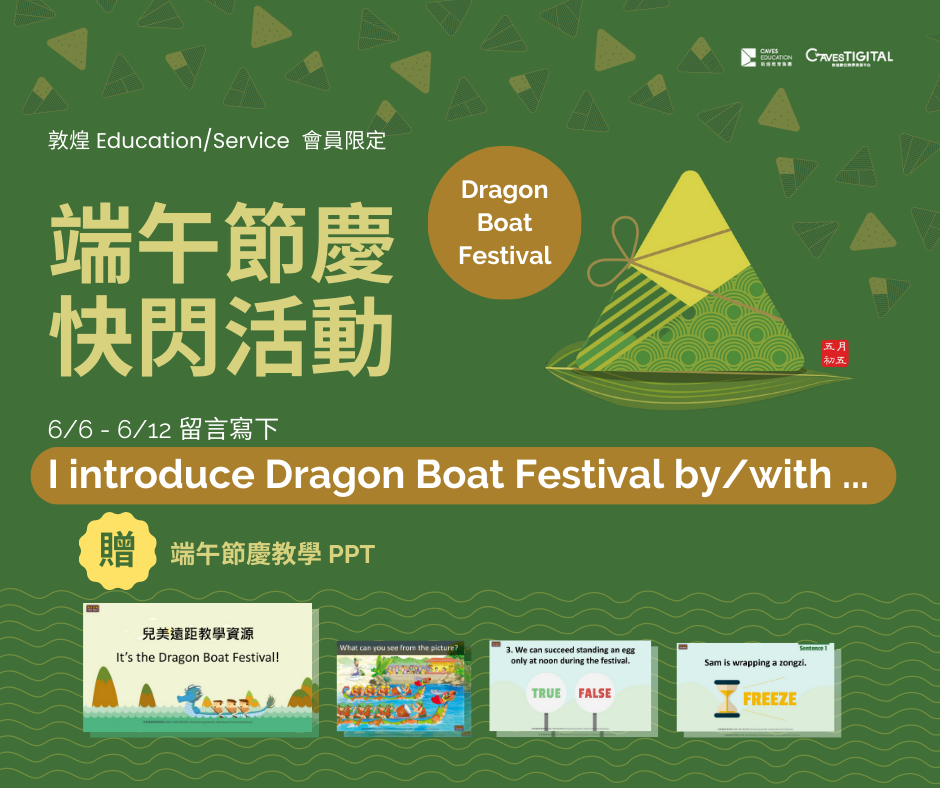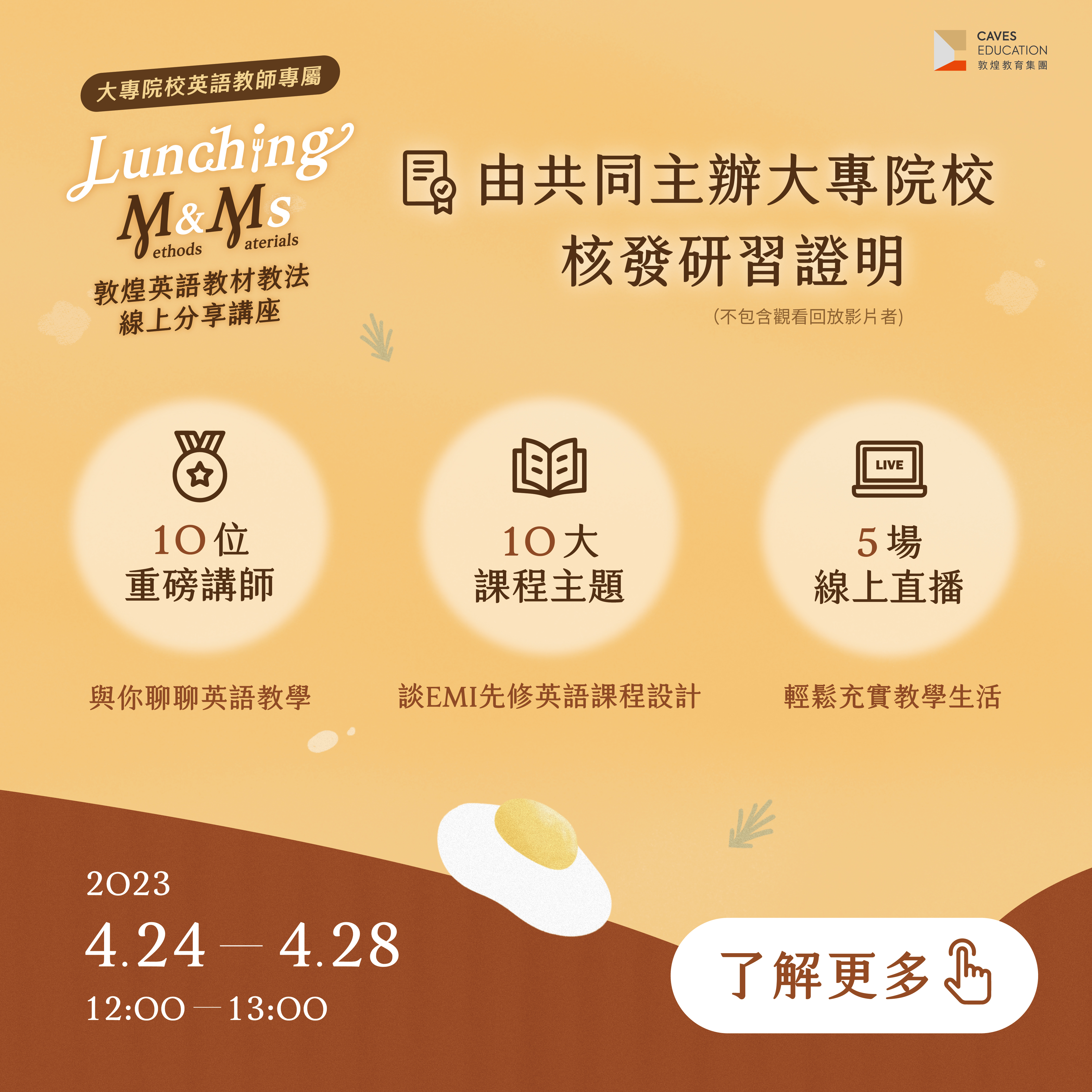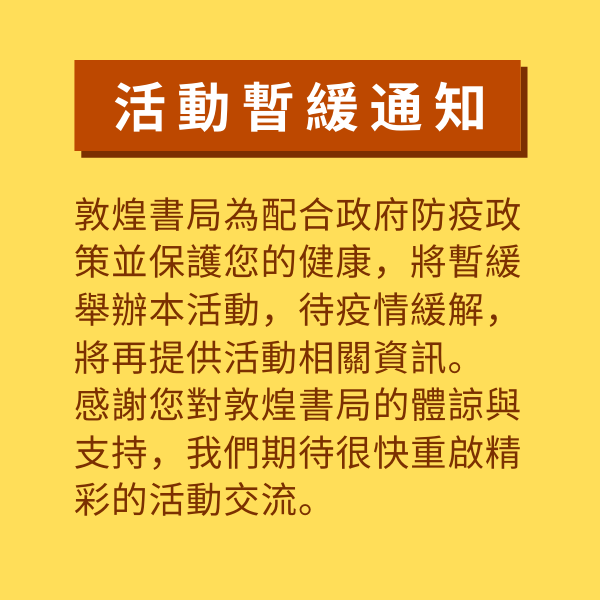In today’s world, helping our students develop into globally competent adults is a need clearly expressed in both local educational standards and guidelines. It’s also common sense; today’s young students are tomorrow’s global citizens. In this session, we will look at ways to help our students explore our world, and how they can develop an understanding of values and behaviors that will serve them well in the future. In addition, we will look at tying this all together with a discussion on the role of practice and assessment, and how to keep our “eyes on the prize” in our students’ growth and development in our English classes.



要點 1 How Do We Connect Students To The World?
To do this, we need to first present authentic global content, showing different places, peoples and cultures in a balanced way, and then engage our students with that content by using good questioning and teaching techniques.
要點 2 How Do We Teach Abstract But Important Ideas in an English Class?
Lessons on abstract ideas such as behaviors and values can be difficult to teach to students with a low ability in the instructional language. How can we overcome this challenge? Our best approach is to model and live the ideas, rather than trying to explicitly teach them. By giving learners an experience and then discussing these (within their language ability), we can have good success.
要點 3 How Should We Assess Students for Effective Education?
Building ability and showing results is the key to effective education. By examining the role of practice in a variety different forms, and measures of performance with both formative and summative assessment, we can keep our “eyes on the prize” and help our students keep improving over the long term.


Andrew Tiffany / Teacher Trainer, Greater China
- Teacher, Trainer and HR Manager at Hess Educational Organization, Taipei
- Academic Training Manager at Disney English, Shanghai
- Teacher and Manager at Asia-America Education Institute, Taipei
- Teacher Trainer at Cengage/National Geographic Learning, Taipei
Andrew Tiffany is the Teacher Trainer, Greater China for National Geographic Learning. Andrew has over 25 years of teaching experience, 15 of which were focused on teaching and teacher training in greater China. Originally from New Zealand, he has worked with both EFL learners and international school learners from PreK-12, both in English and subject content. Because he has taught some complicated subjects such as physics or math in the past, Andrew likes to take ideas and concepts and distill them down to the basic elements that work, to find ways of doing things efficiently and effectively. He also likes to help others develop and grow, and to work with teachers to find more and better ways of helping their students.







 © All rights reserved, powered by
© All rights reserved, powered by 

